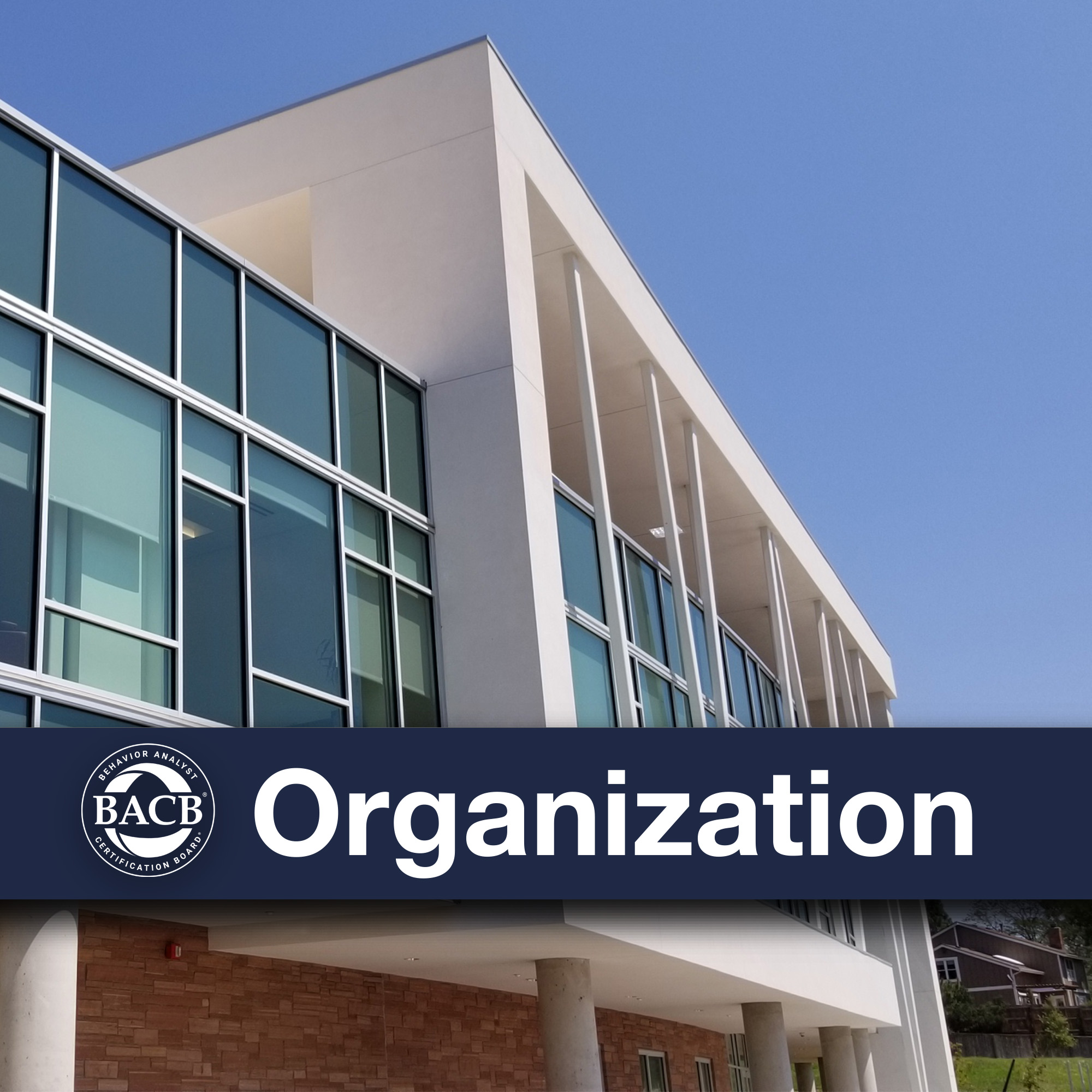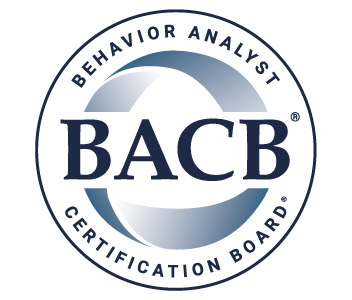
It doesn’t matter if you have been a BACB certificant for many years, are newly certified, or are just starting to explore becoming a practitioner of behavior analysis—it is likely that you have a number of questions about the landscape of the applied behavior analysis (ABA) profession. This is where the importance of understanding the role of the BACB in the profession comes in.
The BACB was established in 1998 to meet the credentialing needs of ABA practitioners, governments, and consumers of ABA services. In the BACB’s early years, its certification programs grew consistently but slowly. In its first 13 years, the BACB certified 10,000 individuals. In the last several years, this number has grown to more than 120,000 certificants! In addition, since 2009, 34 states have passed laws to license behavior analysts. These developments mean that professional certification and the credentialing of ABA practitioners are relatively recent events, about which many people have questions. These include: What is the BACB’s role? What is credentialing and why is it important? Why can’t the BACB speak for behavior analysis? To get a better understanding of how it all works, read on for answers to these common questions.
What Is The BACB?
The Behavior Analyst Certification Board (BACB) is:
- A nonprofit organization – The BACB was founded in Florida as a nonprofit corporation in 1998 and has 501(c)(3) tax–exempt status from the IRS. Both of these legal and regulatory frameworks place important limits on BACB activity.
- A credentialing organization – The primary function of the BACB is to operate certification programs, similar to a regulatory entity. In this role, the BACB provides practice requirements, ethics codes, and Code-Enforcement Procedures that are designed to protect consumers, applicants, and certificants, among other certification–program activities. In this capacity, ABA practitioners must interact with the BACB regularly to maintain their certification.
What Is Credentialing and Why Is It Important?
As mentioned earlier, the BACB’s certification programs exist as a regulatory–like mechanism to protect consumers of behavior–analytic services. To protect consumers, the BACB establishes entry–level eligibility standards for education and training AND provides a mechanism to address behavior analysis practitioners who violate BACB ethics code(s).
Professional Credentialing
Credentialing is vital to the profession of behavior analysis because of the particularly vulnerable populations that a majority of behavior analysis practitioners serve. Without credentialing, how would we know who is qualified to enter the profession and who isn’t?
Two of the many differences between private certification and government–issued licensure are highlighted in the following text boxes because these are the two primary ways behavior analysts are credentialed to practice.
Private Certification (BACB)
- Voluntary
- Code enforcement is limited to those certified by the BACB or applying for BACB certification, and consequences may be imposed on an individual’s certification or their ability to apply.
Licensure (34 states)
- Mandatory
- Disciplinary enforcement may be enacted upon anyone practicing, with or without a license, and consequences include substantial fines and possible incarceration.
In the ABA profession, practitioners who obtain certification by the BACB have a great deal of mobility because their certification will meet licensure requirements in almost any state with licensure for the practice of behavior analysis. For more information about US state licensure, please refer to the BACB’s US Licensure of Behavior Analysts web page or visit APBA’s Licensure and Other Regulation of ABA Practitioners web page.
NCCA Accreditation and Consumer Protection
All three of the BACB’s current certification programs are accredited by the National Commission for Certifying Agencies (NCCA). The BACB must adhere to NCCA–established accreditation processes, similar to the way BACB certificants and applicants must meet BACB requirements.
Using the NCCA accreditation processes, the BACB convenes groups of subject matter experts (SMEs) to evaluate and potentially revise requirements for each BACB credential. SME recommendations are then voted on by the BACB Board of Directors before they are adopted. Through this process, the requirements change as needed to ensure greater consumer protection through standards that accurately reflect the ever–evolving practice of behavior analysis. As usual, everything comes back to consumer protection.
For anyone interested in a little more reading about the processes that are used by the BACB to develop standards and examinations, they are outlined in a number of publications that can be found on our BACB Resources web page. In addition, you can give us feedback if you have suggestions for SMEs to consider when they revise requirements by submitting a Certification Program Requirements: Request for Change form.
What Is the BACB’s Role in The ABA Profession?
The major professional organizations in ABA have very specific missions and roles and substantial limitations on their activities from various sources. These limitations include state laws where the organization was founded as a nonprofit, IRS rules, and for the BACB, our NCCA accreditation requirements. Let’s start with the role of the BACB.
To recap, the BACB’s job is to credential practitioners of behavior analysis and to coordinate with regulatory authorities. Although we are sometimes called upon to engage in advocacy and political and social commentary, our involvement in these activities is necessarily restricted by some of the entities mentioned earlier. In our regulatory–like role, the BACB is prohibited from engaging in political activity and has very strict limitations on its acceptable activities. That said, a number of the questions we receive indicate that some think of the BACB as a professional membership association, with flexibility about our public behavior. Although we sometimes wish we could engage in a broader array of advocacy activities, we have a very limited role in ABA—again, due to restrictions imposed upon us by certain legal statutes and IRS rules. It’s useful to think about the BACB as similar to a licensure board since we serve a similar and often interrelated regulatory function. It is notable to mention here that other professions may have certification boards that look like the BACB in function but are regulated differently under law and IRS rules, which allows them greater flexibility than the BACB. We know that this makes understanding our limitations pretty tricky!
A professional membership association is charged with representing the interests of its members and speaking on behalf of a profession. The BACB doesn’t have members; we have certificants. Fortunately, ABA has a number of state, provincial, and national professional associations to serve the membership role.
Two major professional membership associations in behavior analysis are the Association of Professional Behavior Analysts (APBA) and the Association for Behavior Analysis International (ABAI). These organizations were established to provide different services than a certification board and are permitted much more flexibility in their permissible activities, including making public statements and taking a stand on social issues. We strongly encourage our certificants to become members in their state and national professional associations if they have not already. In fact, at the very beginning of a certificant’s professional experience, we send a welcome letter encouraging them to join and become involved in their relevant professional associations. The professional membership associations are permitted to engage in a wide range of important activities. They are truly the voice of behavior analysis and have the primary obligation to represent our profession. Together, membership associations, the BACB, and, most importantly, behavior analysis practitioners and stakeholders can work to improve the discipline of behavior analysis.
We hope that this information answers some of your questions about what the BACB does and why. If you’re interested in hearing more about this topic, check out our podcast episode, The BACB’s Role in the Profession of Behavior Analysis.
